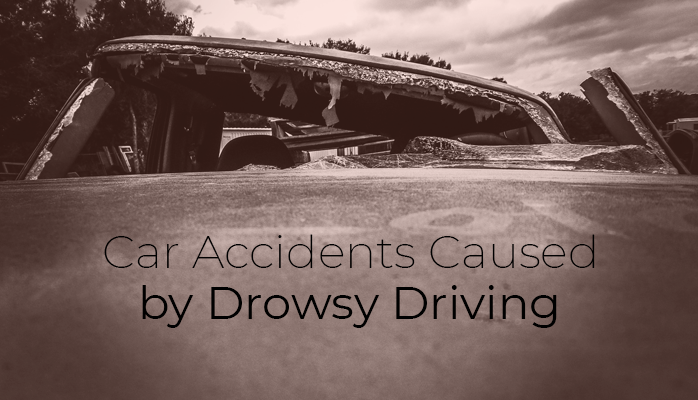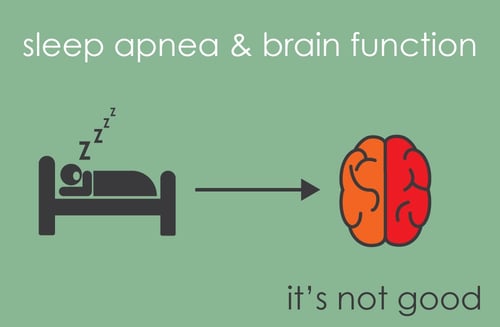
One of the greatest risks of having an untreated sleep disorder is the prospect of getting into a car crash while fatigued. Many individuals who have sleep disorders such as insomnia, sleep apnea, or restless leg syndrome experience bouts of drowsy driving. In fact, the U.S. National Highway Traffic Safety Administration (NHTSA) reports that drowsy driving is related to more than 1,500 deaths per year and at least 100,000 motor-vehicle crashes.
The Facts: Driving While Drowsy
The following facts provide us with more information and intelligence regarding drowsy driving:
- One in four drivers in America (over 130 million people) admit to drowsy driving in the past month.
- 41% of Americans say they have fallen asleep while driving in the past
- Only 1 out of every 5 individuals say that they actually pull over to nap when they feel drowsy. (SoClean)
- Car accidents citing severe drowsy driving happen most often at high speeds on highways.
- Older adults are more likely to have an accident related to fatigue when they drive in the mid-afternoon.
- Males in their teens and early 20s statistically get into a great deal of drowsy driving accidents between the hours of 11:00 p.m. and 8:00 a.m.
- Accidents happen commonly late at night and early in the morning when the body is naturally wanting to sleep.
- Individuals who have untreated sleep disorders are most at risk for being involved in a drowsy driving car accident. Oftentimes, those undiagnosed have obstructive sleep apnea or narcolepsy.
- Those who suffer from sleep apnea are 2.5 more likely to be a driver causing a drowsy driving related car accident.
- Those who work night shifts or on rotating shifts are more at risk to be involved in a car accident related to sleep deprivation. Many jobs that fall into this category are doctors, nurses, truck drivers, pilots, and police officers.
- A great many medications list sleepiness as a side effect. Individuals taking medication that cause excessive fatigue can be at a higher risk for drowsy driving accidents.
 Those who suffer from sleep apnea are 2.5 more likely to cause a drowsy driving related car accident
Those who suffer from sleep apnea are 2.5 more likely to cause a drowsy driving related car accident
What are the Warning Signs of Drowsy Driving?
If you find yourself experiencing the following symptoms, you may be at risk to be involved in a drowsy driving related car accident:
- Yawning
- Trouble keep your eyes open and head up
- Cannot remember the last few minutes of driving
- You swerve off too close to cars in nearby lanes
- You miss turns and can't keep track of where you're going
How to Prevent a Drowsy Driving Related Accident
Preventing a drowsy driving accident is very possible if you remain attentive and alert to the warning signs listed above. In addition, you can easily prevent a drowsy driving accident if you take naps before long drives, making sure that you're night driving with a carpool friend or coworker, and by driving during daytime hours versus at night.
If you find yourself nodding off at the wheel on a regular basis, it's imperative that you seek help from a sleep specialist to explore the possibility of a sleep disorder diagnosis. There's a strong chance that you may have sleep apnea, narcolepsy, or another insomnia-related condition. In this case, you must seek professional help to examine your individual symptoms and devise an individualized plan to solve your sleep-related problems.
At the Anchorage Sleep Center, we offer consultations that allow you to sign up for appropriate diagnostic tests. Schedule your initial sleep consultation by emailing info@ancsleep.com or contact us directly via our online message center. We look forward to speaking with you and helping you prevent dangerous side effects of a possible sleep disorder such as a drowsy driving car accident.

